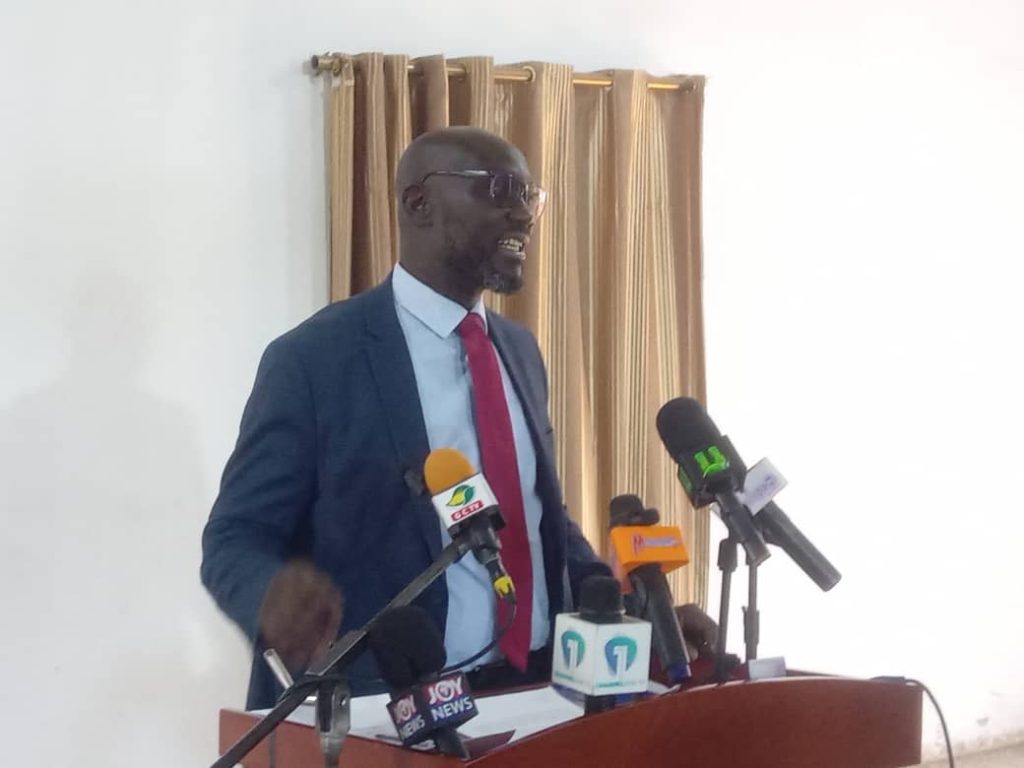|
Getting your Trinity Audio player ready...
|
Prostate cancer has dominated cancer cases recorded in the last three years in the Ashanti Region, the Regional Health Directorate, has reported.
Cases of prostate cancers in the region increased from 1,066 in 2022 to 1,208 cases in 2023 before dropping to 996 cases in 2024. Even the drop in 2024 was still higher than breast cancer (561) and cervical cancer (522) during the year under review.
Dr. Fred Adomako-Boateng, the Regional Director of Health Services, who provided the figures at a press briefing in Kumasi, emphasized the importance of sustained advocacy to address the increasing cases. The briefing was in commemoration of World Cancer Day which falls on February 4, every year. The global theme for this year’s celebration is, “United by Unique.”
In line with the theme, the Ghana Health Service (GHS) is emphasizing on people-centered care to address prostate and liver cancers in men across the country. Although these cancers are among the leading causes of death in the country, they are unfortunately not highlighted enough for several reasons. In Ghana, an estimated number of new cancer cases in 2022 was 27,385 with 17,944 deaths with an estimated 63,764 having survived cancer in Ghana in the last five years.
The Global Cancer Observatory also reports that prostate cancers accounted for 2,393 new cases with 1,233 deaths, reflecting a 52 per cent mortality rate whereas liver cancer in men was 2,656 out of which 2,390 died, representing 90 per cent mortality during the same period in Ghana. According to Dr. Adomako Boateng, patient level and health system challenges such as low awareness, limited capacity and availability of screening services contribute to late diagnosis, poor outcomes, and premature mortality.
He spoke about the need to explore different dimensions of people-centered cancer care and new ways of making a difference through awareness creation and action. “Together with partners in the media, government, non-governmental organizations, civil society organizations, and advocates, we must promote advocacy, awareness, and behavior change communication.
This, he noted, would increase uptake of men cancer interventions throughout the spectrum of healthcare especially screening and early diagnosis, particularly in resource-constrained settings.
Source: GNA


